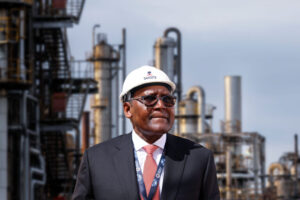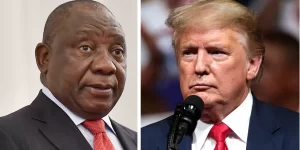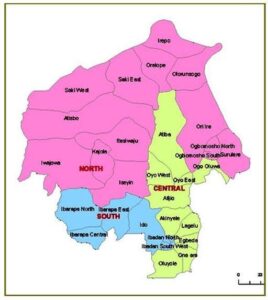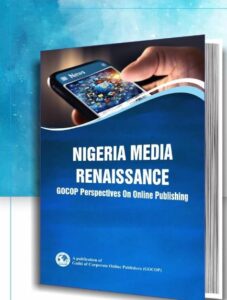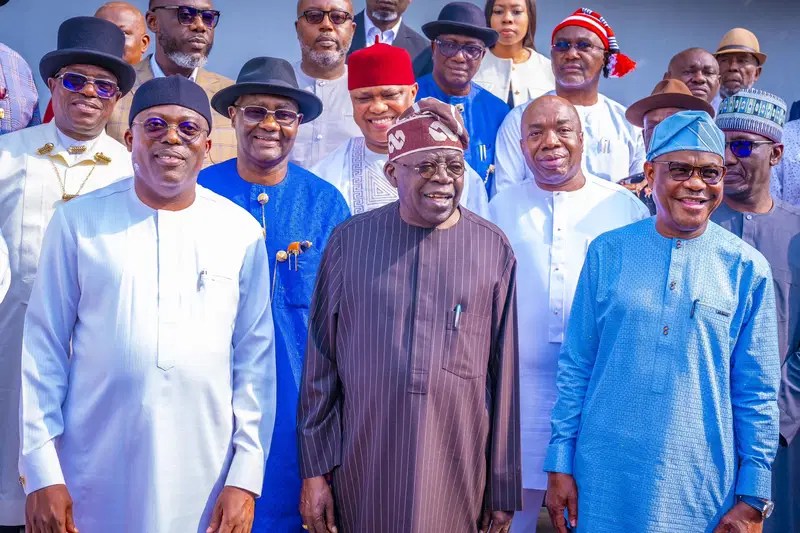
OGONI STAKEHOLDERS TO TINUBU: YOUR DIRECTIVE ‘PUTTING THE CART BEFORE THE HORSE ’
This page is supported by Shell Nigeria. Click here for more information
……What you must do before oil production can resume in our land
GREATRIBUNETVNEWS–Last Tuesday, President Bola Ahmed Tinubu played host to some Ogoni leaders at the Presidential Villa, where he directed them to go home and embark on a wider consultation with their people as a prelude to resume oil production in Ogoniland. However, the meeting did not address the fundamental issues that led to the halting of oil production in Ogoniland about 32 years ago.
These issues as contained in the Ogoni Bill of Rights, OBR, include Self-determination and authority, Shell/Chevron must stop gas flaring, Shell and Chevron must pay compensation to Ogoni people for their devastated lands, good healthcare and clean environment among others. According to Senator Bennett Birabi, one of the signatories to the OBR, “Our fundamental demands when we started the struggle was that we cannot be pumping oil from Ogoni and the only thing we have left are the pipelines”.
In his reaction to the President’s position for resumption of oil production in Ogoniland, Dr. Fyneface Dumnamene Fyneface, executive director of Youths and environmental Advocacy center, YEAC-Nigeria said “Tinubu’s directive to the national security advisor to ensure the resumption of oil production in Ogoni land is like putting the cart before the horse. One would have expected the President to direct the national security advisor to address all the issues associated with why oil production stopped in Ogoniland in 1993, 32 years ago. But this directive is somewhat confrontational to the Ogoni people as it puts oil production resumption at the forefront while not talking about addressing the issues that led to the stoppage of oil production in 1993.
“The consultation which focuses on making crude oil and gas to flow from Ogoniland is the hallmark of the whole process but putting oil extraction at the forefront of the consultation process means that it is like coercing the people or forcing it on them and making them feel like whether they like it or not, that it is going to happen. The oil production suspension in Oginiland in 1993 was as a result of certain demands by the people which have not been met. These demands are contained in the Ogoni Bill of Rights (OBR) that was presented to the federal government of Nigeria in 1990. It was on the basis of these demands that the Ogoni struggle was premised and it persisted leading to the Movement for the
Survival of Ogoni People, MOSOP, demanding fairness to the Ogoni people in the oil production processes. I would think that the issue that led to the killing of a generation of Ogoni leaders in 1995 would be properly addressed before we talk about resumption in oil production”, the activist said.
Also reacting, the President of MOSOP, Fegalo Nsuke who was excluded from the delegation to the Villa on Tuesday, said the directive by President Tinubu for wider consultations was an opportunity. According to him, “What Ogoni needs to do now is to organize itself and take a position. The President has good intentions and he is willing to help Ogoni out of decades of conflicts with the oil industry and for us as Ogonis, we will have to take this opportunity to also address fundamental issues of under-development and injustice so that we can usher in a new era. All parties must be willing to make compromises.
Secondly, Ogoni deserves special attention in terms of development and that will require that there should be a steady flow of funds to drive that development process. We also need to address the issue of the injustices done to Ogoni, especially the hanging of 10 Ogonis on November 10, 1995. Ogonis do not need any special projects, like completing the cleanup exercise, before visiting the issue of resumption of oil production. What we all need as parties to the conflicts is to make the desired compromises and reach an agreement and begin the implementation of the agreement simultaneously. At the meeting in the state House, President Tinubu expressed the belief that only a diplomatic solution can solve the lingering problem in Ogoni.
“The importance of Ogoni in the socio-economic life of Nigeria cannot be undermined as it contains one of the biggest oil mining areas in the country. The oil mining license, OML, 11 is located in Ogoni and has 33 oil and gas fields including Asaramatoru and the Oza fields. Not less than 500,000 barrels of oil were produced in Ogoni before the crisis erupted in 1993. One can only imagine what the federal government stands to gain if oil production resumes in the area. This is why in 2005, the then President Olusegun Obasanjo set up the presidential peace and reconciliation committee, PPRC, headed by Bishop Matthew Hassan Kukah, with the task to iron out all grey areas with the Ogoni people for a lasting peace in Ogoniland.
“Obasanjo’s last visit to Ogoni in 2006 as President during the administration of Dr. Peter Odili as Governor of Rivers state and Barrister Ledum Mitee as then President of MOSOP, raised serious tension as all entreaties by the President for oil resumption were rebuffed by the leadership of MOSOP and the Ogoni people. Ogonis never wanted any form of clandestine maneuvering by the government to resume oil in the area especially with Shell Petroleum Development Company, SPDC, leading the exploration process in an area it has been accused of decimating.
“In his time, President Muhammadu Buhari also deployed a diplomatic process to open up Ogoni for the billion dollar oil deal by re-awarding the abandoned Bodo/Bonny road project worth N199.9billion as a bargaining chip for oil resumption. It didn’t work. It is now left to be seen if President Tinubu’s approach will yield the desired result and see to the resumption of oil in Ogoniland 32 years after it was stopped to improve the dwindling economy and reposition Ogoni for development”.
vanguard




